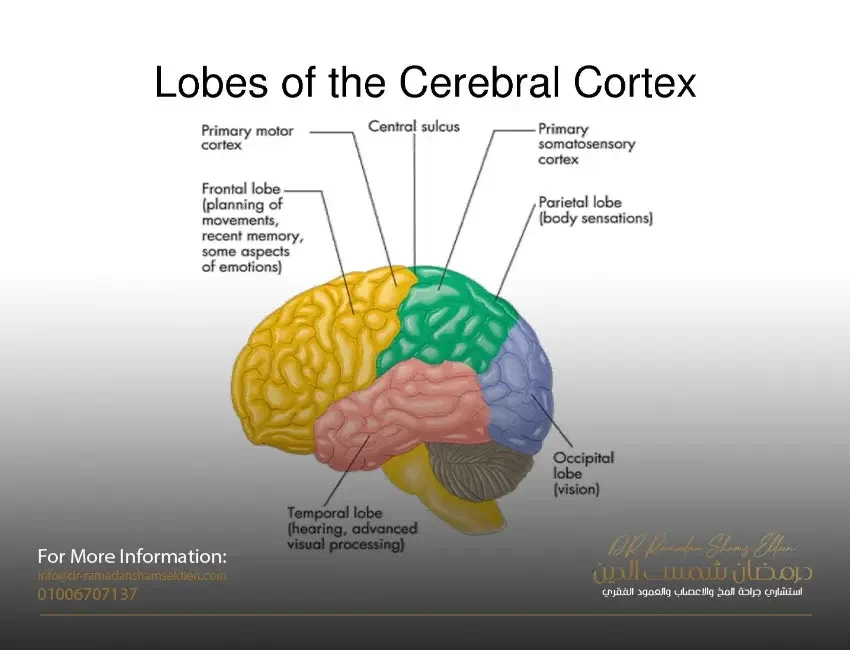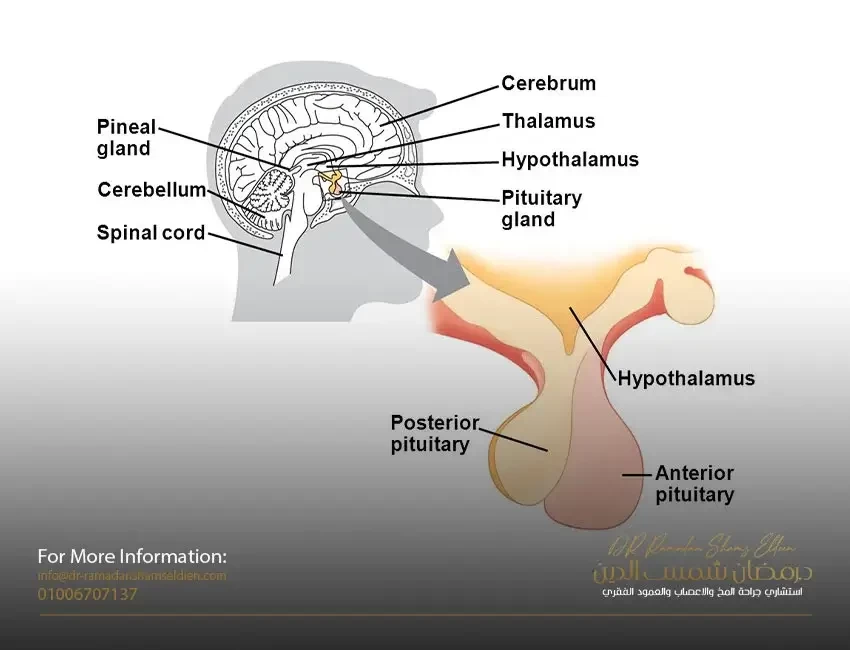It is not uncommon to feel disorganized and forgetful when you are under a lot of pressure. But in the long run, stress may alter your brain in ways that affect your memory.
Studies of both animals and humans clearly show that stress can affect how the brain functions, says Dr. Keri Ressler, chief scientific officer at MacLean Hospital and professor of psychiatry at Harvard Medical School. Scientists have seen changes in how the brain processes information when people experience either real-life stress or manufactured stress in a research environment. (For the latter, researchers may challenge people to perform a difficult task, such as counting down from 1073 by 13 during an evaluation.) Both types of stress appear to interfere with cognition, attention, and memory, he says.
Not only does stress affect memory and many other brain functions, such as mood and anxiety, but it also promotes inflammation, which negatively affects heart health, says Jill Goldstein, MD, professor of psychiatry and medicine at Harvard Medical School. Thus, stress has been linked to many chronic diseases of the brain and heart. Plus, it can affect men and women differently, she says.
Stress and the brain
To understand why stress affects thinking and memory, it is important to understand a little about how the brain works. Your brain is not just a single unit, says Dr. Ressler, but a collection of different parts that perform different tasks. Researchers believe that when one part of your brain is working, other parts of your brain may not have the same amount of energy to handle their vital tasks, he says. For example, if you are in a dangerous or emotionally stressful situation, the amygdala (the part of your brain that controls survival instincts) may take over, leaving the parts of your brain that help store memories and perform higher-order tasks with less energy and ability to accomplish. their own jobs. "The basic idea is that the brain diverts its resources because it is in survival mode, not in memory mode," says Dr. Ressler. This is why you may be more forgetful when you are under stress or you may experience memory lapses during traumatic events.
Goldstein says the effect of stress on the brain and body may also vary depending on when it occurs in a person's life path. Certain hormones, known as gonadotropins — which are secreted in large amounts during fetal development, puberty, and pregnancy, and are depleted during menopause — may play a role in how stress affects an individual, Goldstein says. "For example, a drop in the gonadotropin estradiol during menopause may change how our brain responds to stress," she says.
Protect yourself from harmful stress
To better handle stress, consider how you can reduce the factors that make it worse. Here are some tips that can help you manage stress better and hopefully prevent some of the harmful effects it may have on your brain.
Put some control over your posture. If stress is not expected, focus on controlling things. "A routine is good for development and health," says Dr. Keri Ressler, MD, professor of psychiatry at Harvard Medical School. Predictability fights stress.
Get a good night's sleep. Stress can lead to sleep difficulties, and the resulting lack of sleep can exacerbate stress. "Sleep deprivation makes the parts of the brain that deal with high-level functions work less well," says Dr. Ressler. Having healthy sleep habits can help. This includes going to bed and getting up at the same time each day, avoiding caffeine in the afternoon, and creating a restful sleep environment.
Be organized. Using strategies to help manage your workload can also reduce stress. For example, each day create a specific list of tasks you need to get done. This way, your homework won't seem overwhelming. Setting up the list also gives you a clear end point so you know when to finish. "Doing tasks like this helps reduce the feeling that the brain is being bombed," he says. It can also help you predict when you're likely to be stressed.
Get help if you need it. Communication can help you become more resilient and better able to manage stress, which may ultimately protect your brain health. Early intervention may reduce disability from later stress-related complications.
Change your attitude toward stress. “Life without stress is not only impossible, but also potentially uninteresting — in fact, a certain degree of stress is beneficial for growth,” says Dr. Ressler. So, instead of striving for zero stress, strive for healthy responses to stress.
Long-term brain changes
There is evidence that chronic (ongoing) stress may actually rewire your brain, says Dr. Ressler. Scientists have learned that animals that are under stress for a long time have less activity in the parts of the brain that deal with higher-order tasks - for example, the prefrontal cortex - and more activity








